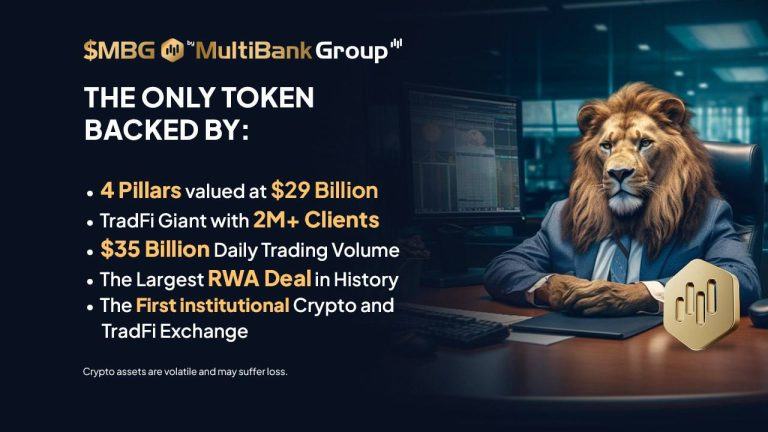The Brooklyn Project – the token regulation initiative headed by ethereum startup ConsenSys – wants to dispense with the concept of “utility tokens” in favor of what it calls “consumer tokens.”
The Project discussed its intention to shift the discourse at the Fluidity Summit on Thursday during a presentation by ConsenSys’ policy lead Pat Berarducci and OpenLaw’s Aaron Wright.
According to a document published by the Project, the initiative broadly aims “to provide a basic framework for long-term oriented behavior and to help establish trust between the initiators of consumer token projects, their collaborators, their customers, and the public at large.”
More specifically, it makes recommendations on project objectives, practices and legal disclosures.
The framework defines consumer tokens as those lacking “equity ownership, a predominant interest in a fund, passive-earned dividend rights, or other characteristics of a financial instrument.” Likewise, they must be “consumptive in nature.”
“We want to confirm that people want to be using the tokens these developers are developing,” said Wright during the presentation.
He argued that the term “consumer token” better describes cloud storage and collectibles among others, which feature what is now commonly referred to as a “utility token.”
The Project crucially intends to facilitate a discussion that addresses both centralized and decentralized token projects – the latter of which fits less seamlessly into existing legal and regulatory regimes, the document claims.
That said, consumer token projects may still encounter the same problems facing “traditional legal entities and markets – problems such as trust, cooperation, fairness, and safety,” the document contends, adding:
“The framework represents a first step towards establishing standards for consumer tokens by addressing these problems head-on, without assuming the presence of centralized organizations or intermediaries.”
Wright and Berarducci indicated that the Brooklyn Project hopes to spur a collaborative, community-wide conversation about both token standards and regulation with the aim of ameliorating the current deficit of trust caused by scams, phishing and market manipulation.
“Ultimately we see a future for effective, decentralized, self-regulatory structures,” Berarducci said. “Most people in this industry, they really want to do the right thing.”
Additional reporting by Brady Dale
Abacus image via Shutterstock
The leader in blockchain news, CoinDesk is a media outlet that strives for the highest journalistic standards and abides by a strict set of editorial policies. CoinDesk is an independent operating subsidiary of Digital Currency Group, which invests in cryptocurrencies and blockchain startups.




